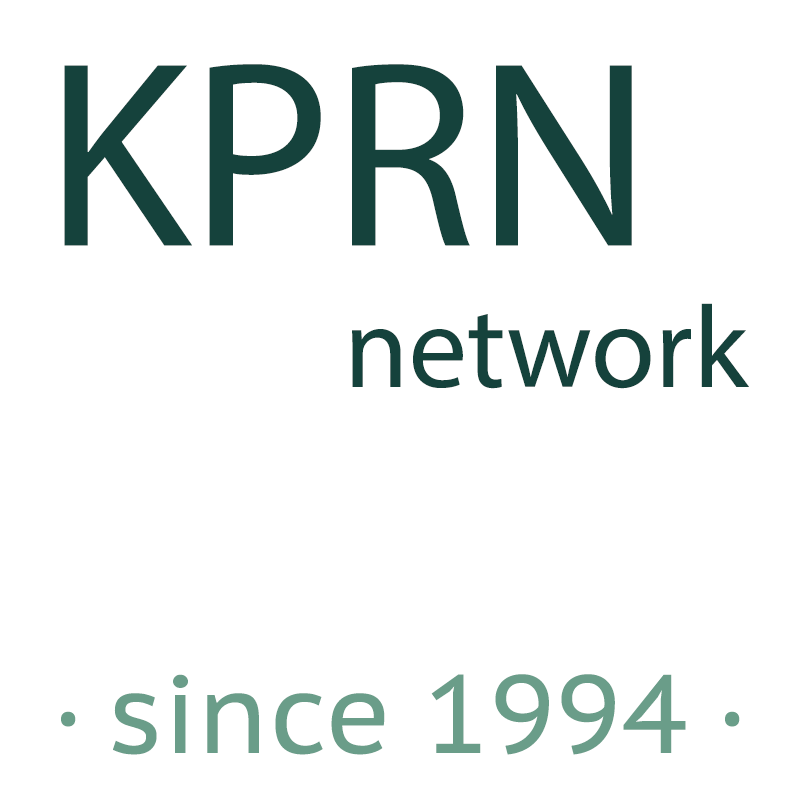
Financial markets are inherently volatile, and crises—from economic downturns to cyberattacks—can strike with little warning. In these moments, effective communication can mean the difference between panic and poise.
Why Crisis Communication Matters in Finance
Trust is a core asset in financial services. During a crisis, clear and timely messaging can:
- Reassure investors
- Mitigate reputational damage
- Comply with regulatory obligations
Key Principles
1. Speed and Accuracy
Respond quickly, but ensure the information is verified.
2. Centralized Messaging
Designate a crisis communication team to control the narrative and reduce misinformation.
3. Transparent Updates
Be honest about the impact and the steps being taken. Even „we don’t have all the answers yet“ is better than silence.
4. Stakeholder Mapping
Communicate differently with investors, regulators, employees, and the media. Each has specific concerns.
Crisis Scenarios and Responses
- Market volatility: Host real-time investor calls to explain positioning.
- Cybersecurity breach: Issue joint statements from IT and executive leadership with timelines and protective actions.
- Regulatory scrutiny: Provide context and cooperation updates in investor and media briefings.











